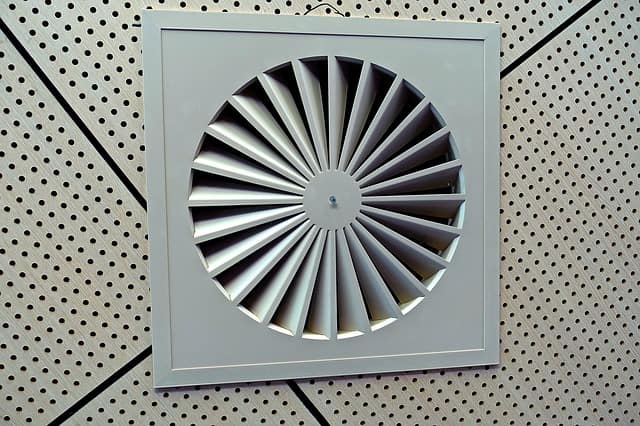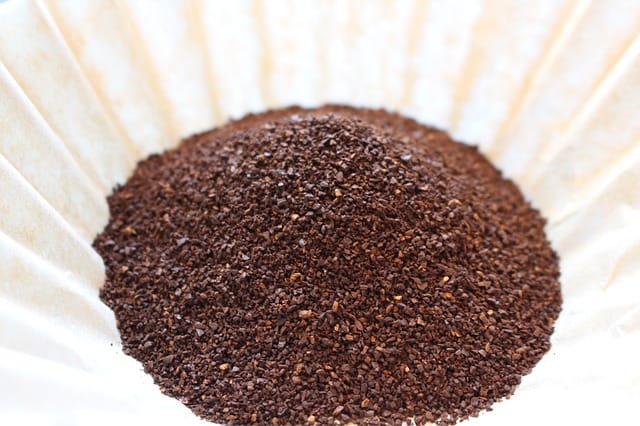For residential mulching, the MaxPower Commercial Mulching blade set comes highly recommended, with the 8Ten LawnRAZOR second as far as popular mulching blades this year. 8Ten also offers a LawnRAZOR medium-lift notched blade that is quite durable, effective, and very popular too – just be sure to check if these are compatible with your deck before purchase.
In this article, we’ll answer the most commonly asked questions about what to look for in mower blades, general blade maintenance, and some brand-specific performance info. Let’s take a look at the most frequently asked questions we’re getting on mower blades today!
Are thicker mower blades better?
Yes, thicker blades are better than thinner ones. Thinner blades, whether purchased that way or simply oversharpened, will typically dull faster than a thicker blade and they may become damaged much more easily during normal use.
When mowing, factors such as wet grass, rocks, or other obstructions can damage your blades, so the thicker the blade, the better.
Should I use high lift blades?
High lift blades are great for hills and for dense overgrowth. They are typically set above the standard 3 inch cutting height and the blades themselves circulate air more efficiently, which makes them perfect for mowing dense areas without fear of the motor on your mower ‘choking out’.
If your lawn is already regularly maintained, a standard or a mulching mower might be a better fit.
Do you sharpen mulching blades?
Yes, mulching blades need to be sharpened regularly, on the same schedule as you would a standard mowing blade. This means that every 20 to 25 hours of use you should sharpen your mulching blades and this will ensure the best cuts, as well as the longest working life with the blades that you have selected.
What are the longest lasting mower blades?
It really depends on the metals involved and your specific needs… for example, John Deere offers a blade called the ‘Predator 2’, which incorporates manganese, boron, and carbon in their steel that results in a blade that is 25% – 50% more durable than many standard blades on the market. Gator, another top-rated company, offers a G5 mulching blade with a tungsten carbide edge.
Look for alloys strengthening and thickening the blade designs. While standard blades are rating for 100 – 200 hours of use, some of these specialized blades can rate for up to 400 hours of work use. It’s all about design, density, and materials.
What are the toughest mower blades?
As far as durability, John Deere’s Predator2 blades are quite resilient, as are USA Mower Blade’s ‘Eagle series’. These are thick, durable blades and a popular choice from many commercial landscaping companies for their excellent cuts and overall durability. Gator Mulching blades, such as their E5 and E6 are also excellent choices and will last you a good, long time as well.
How sharp should mower blades be?
The ideal sharpness for most mower blades is about the same as you would find on a butter knife. When you purchase new blades, it is best to check the edge and you can see for yourself – it’s sharp, but not so sharp that it would cut you when tracing the edge with your finger.
This is by design, as is makes them sharp enough to cut cleanly at high speed, while still thick enough to resist damage.
How often should I sharpen my mower blades?
On average, you should sharpen your mower blade every 20 to 25 hours of use. This will help to ensure that you get the best work life out of your blades and that they are always sharp and ready to do the job.
You can do this yourself by clamping the blade in a vise and using a file, whetstone, or an angle grinder, though if you don’t have time for this your hardware store can likely do it for you for a small service fee.
What is a Gator blade?
Gator blades are produced by Oregon products and they have some of the best mulching blades on the market. Most standard blades tend to push down on grass, and this results in poorer air circulation that can impact bagging and side discharge functions with your mower. Gator blades are specially designed not to push down, but to lift, which corrects this issue.
They also offer blades with tungsten and other additions that can help your blade last appreciably longer, making them quite popular on the market today.
Are Gator blades worth the money?
Gator mulching blades are an excellent investment. They tend to chop the grass clippings up a little more finely than standard mulching blades and with the improved air circulation from their patented design, you can use bagging or side discharge without issues.
This is a big improvement over most standard mulching blades, which sometimes will only fill a bag partially due to poor air circulation.
Can you sharpen Gator blades?
Yes, Gator blades may be sharpened like standard mulching blades, but it will be much easier if you have an assortment of files. Beyond this, sharpening is much the same as a standard mulching blade. You simply want to sharpen in one direction on the working edges and leave the teeth alone, as these are for leaves and do not need sharpening.
Are Gator blades better than regular blades?
Gator blades for mulching are a definite improvement over most ‘standard’ mulching blades. They mulch the clippings up nicely and switching to side discharge or bagging will not result in reduced performance. Compare to standard blades, they are also an improvement, as standards are only good for bagging and side discharge, while Gators can do bagging, side discharge, and mulching.
Are Copperhead blades any good?
Copperhead blades are excellent for mulching, however, they do not have the same ‘lift’ capabilities as Gator blades, so bagging and side discharge with Copperhead blades may result in a loss of air power. That said, if you just want to do mulching, they are excellent for this purpose.
What mower blades are best for tall grass?
High lift blades are your best bet for tall grass. While you can use a standard blade, you’ll likely have to angle your mower and progress slowly, and the engine is likely to choke. Mulching blades won’t work well either, as they are set quite low to the ground. So, for tall grass and weeds, we definitely recommend High lift blades.
Hi, I’m John Stephens, chief editor and writer for Totalgardener.com. I’ve been gardening and raising animals for over 15 years starting with a small backyard plot in Northern Virginia where I grew corn, potatoes, squash, and using a high mulch technique called the Ruth Stout Method. I also raised ducks and small mammals for meat and eggs in a movable pen similar to the ones used by Joel Salatin. I later moved to Colorado where I experimented with growing greens using aquaponics inside. I eventually added a microgreens setup and home sprouting operation. I’m excited to share everything I’ve learned plus more from the other local gardening and animal raising experts I know.



